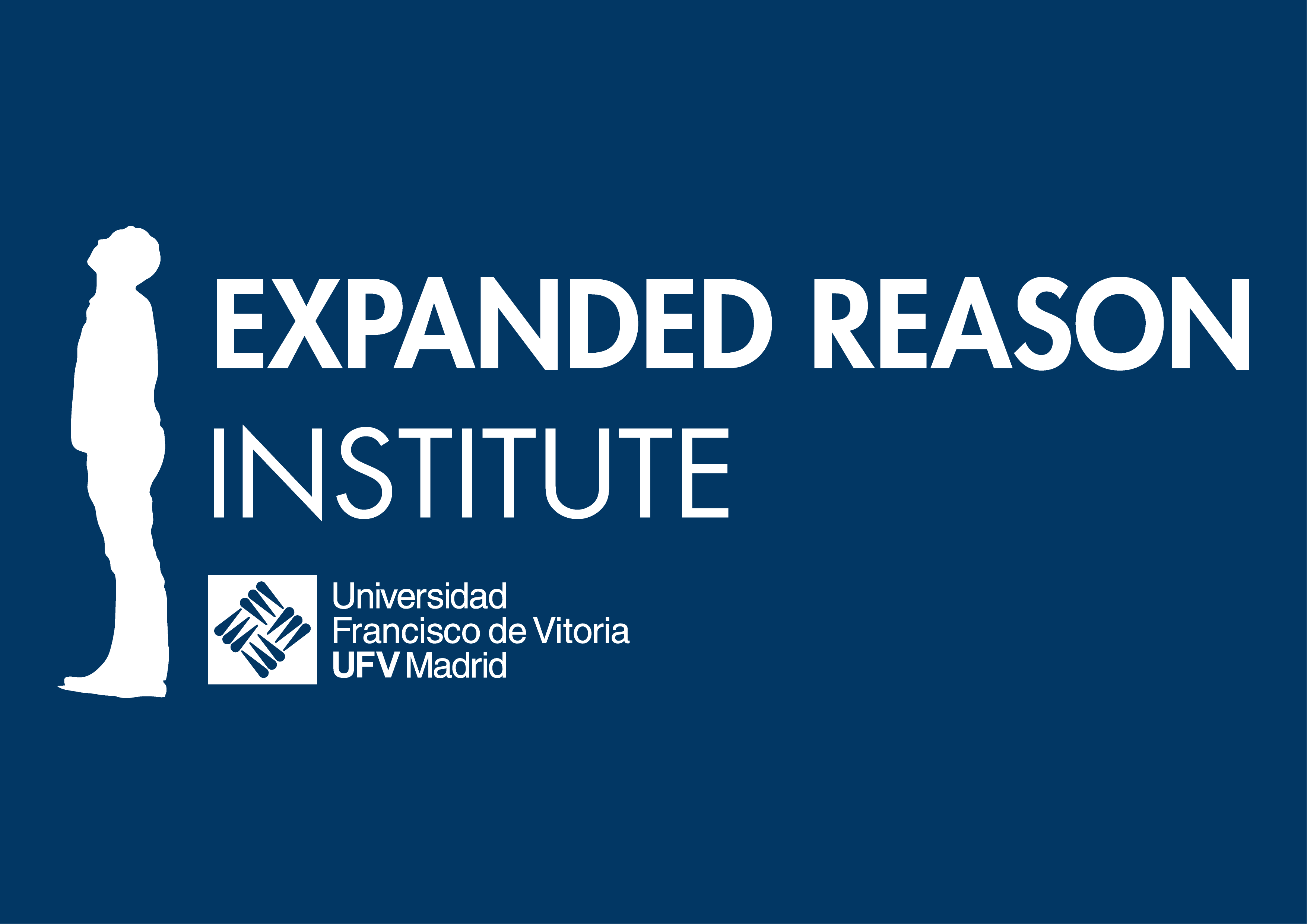The concept of Expanded Reason
The concept of Expanded Reason
In response to a culture of positivism and relativism, Joseph Ratzinger, and later Benedict XVI, pointed out the profound division of knowledge and the excessive specialisation found in the university setting, which hinder an overall vision that affords meaning to each specific branch of science. Relativism, scientism and pragmatism leave no room for an inclusive kind of knowledge that encompasses the objects of study in an orderly manner, thus preventing, from the outset, the search for truth.
The Pope emeritus expressed a constant concern for a positivist conception that categorically denies a global vision of man and the recognition of his dignity. This vision rejects the scientific status of philosophy and theology, completely separating them from the world of science, which is thus reduced to mathematics and experimental verification.
In light of this, Ratzinger reasserted the need for a broad, open view of reason and the exercise of reason in the search for truth and the answers to fundamental questions about man and his destiny.
Ratzinger’s use of reason, the so-called ‘expanded reason’ and the search for truth are not found so much in the scholarly articles that the Pope emeritus devoted to this matter, but in the effective use thereof, that is, in how he himself used reason to grasp reality, the aim being, therefore, to see how reason can be used and seen in action. In sum, to use reason in a way that is questioned by reality, which led him to awe and to understanding through truth.
The concept of reason must be expanded so that it encompasses and can explore aspects of reality that go beyond what is purely empirical, achieving a harmonious mixture of types of knowledge that integrate theology and philosophy in order to comprehend reality while respecting its metaphysical dimension. The fundamental questions of man, how to live and how to die, cannot be excluded from the realm of rationality.
Therefore, expanded reason is a form of reason open to understanding our surroundings through truth, avoiding the subjectivist, ideological restrictions that so often pervade the realm of knowledge.
The aim is to search for a broad kind of knowledge, not merely with respect to the amount of knowledge, but also in relation to the wholeness and depth of what is known, bestowing upon each kind of science the proper authority within its scope and
category, but without disregarding the ultimate meaning that provides meaning and unity to the specificity of each type of science.
From the positivist perspective, that which is not verifiable or ‘falsifiable’ does not fall within the realm of reason in the strictest sense. This concept of reason is not a culture that matches or is entirely sufficient for the full scope of human beings.
The concept of reason must therefore be ‘expanded’ so that it can explore and embrace aspects of reality that go beyond the purely empirical. This kind of expanded reason allows for a more fruitful approach that complements the relationship between faith and reason. The creation of European universities was spurred by the conviction that faith and reason are destined to cooperate in the search for truth, respecting each other’s nature and legitimate autonomy, but working together in a harmonious and creative way at the service of human fulfilment in truth and love.
The university, from this perspective of expanded reason, must never lose sight of its unique vocation to be a “universitas”, in which the various disciplines, each in its own way, are seen as part of a larger unum. There is an urgent need to rediscover the unity of knowledge and to oppose the trend towards fragmentation and lack of communication. The effort to reconcile the push for specialisation and the need to preserve the unity of knowledge.


